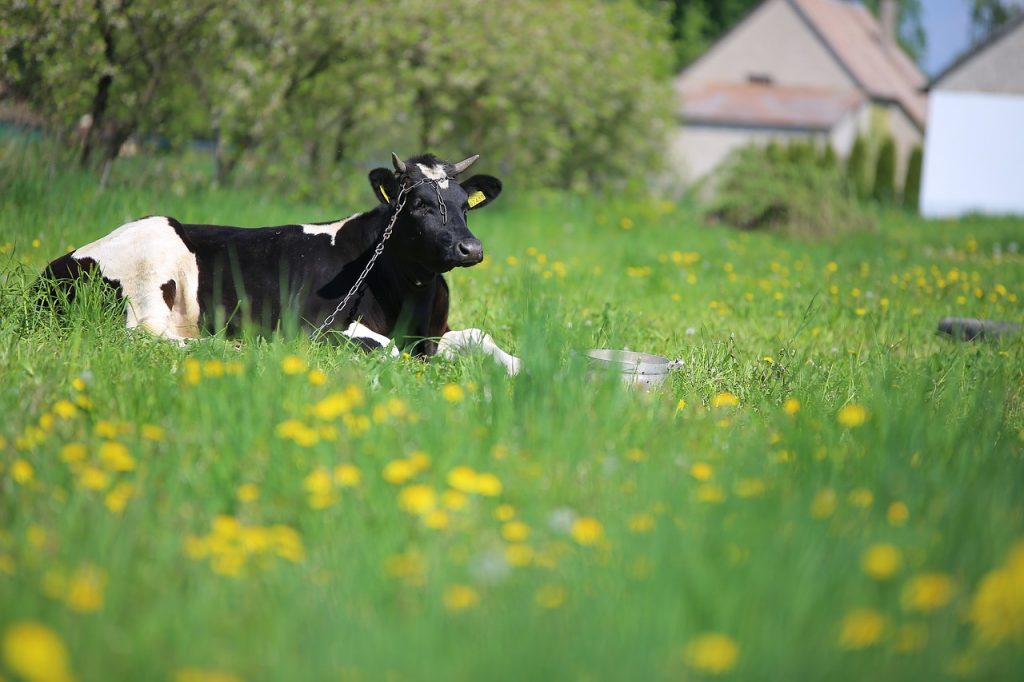“While climate change, biodiversity and food security are often viewed as separate challenges, they are inherently interlinked.”
.
There’s growing interest in holistic/agroecological/regenerative agriculture – with these reports from across the spectrum and across the world, just from the last couple of days:
We need organic regenerative farming
Durham Estate team commits to regenerative agriculture – Farmers Weekly
Opinion | Organic Regenerative Farming Remains Key for Our Sustainable Future | Sarah Compson
Walmart food: Why its quest to be a regenerative farming pioneer is falling short | Fortune
Equity Issues in Regenerative Agriculture Can’t Be Ignored| Well+Good
Meanwhile in Scotland, an official report has just been presented to the government:

Taking a holistic approach to farming
Agroecological practices can help farmers meet policy targets relating to climate change, biodiversity and food production, a new study has found. Agroecology is a holistic approach to farming which encompasses food security, environmental and social goals. It helps restore the health of agricultural ecosystems and increases the resilience of farms to future challenges. The policy brief, published by Scotland’s Rural College (SRUC) on behalf of ClimateXChange, compared five agroecological approaches to farming that are currently practised in Scotland.
Taking a holistic approach to farming | News from AA Farmer
The Scotsman looks further:
Farmers need financial help to adopt agroecology
A range of environmentally friendly practices can help farmers meet policy targets relating to climate change, biodiversity and food production – but farms need to have the financial capacity to buffer the economic costs in transitioning.
That was the finding of a new study which looked at a range of so-called agroecological practices – including regenerative farming, organic systems, integrated farm management (IFM), agroforestry and low input farming. Researchers at the SRUC said that agroecology encompassed food security, environmental and social goals by helping to restore the health of agricultural ecosystems and increase the resilience of farms to future challenge…
Lead author Dr Lorna Cole: “While climate change, biodiversity and food security are often viewed as separate challenges, they are inherently interlinked – but agroecological approaches to farming focus on increasing efficiency and regenerating ecosystem health bringing these three challenges together under a single umbrella. Agroecology can help buffer against weather extremes, hikes in input costs, changing market conditions, increasing the resilience of farms,”
Farmers need financial help to adopt agroecology | The Scotsman